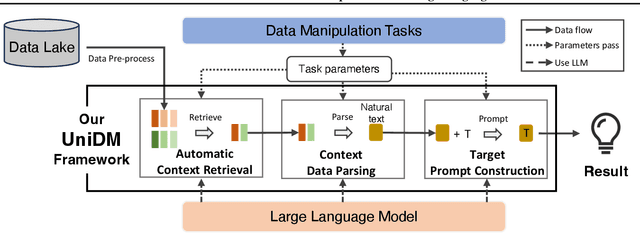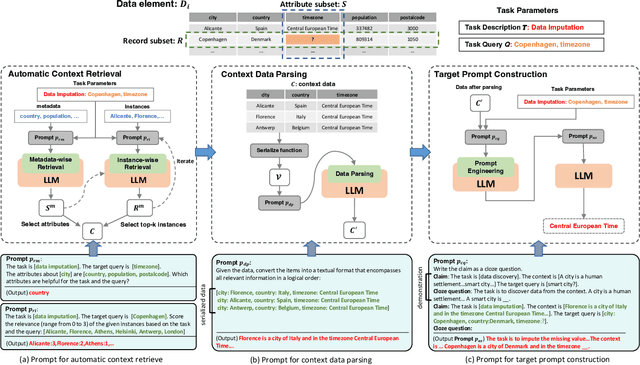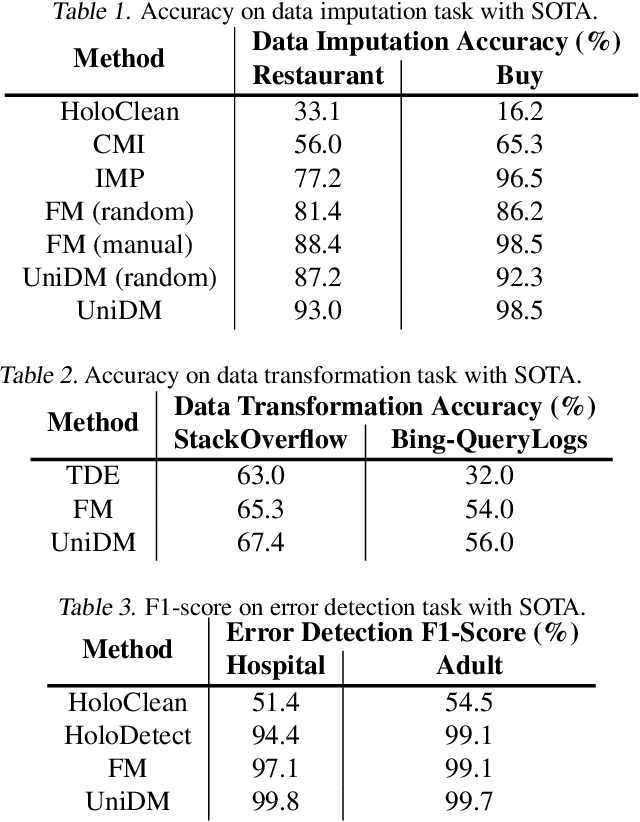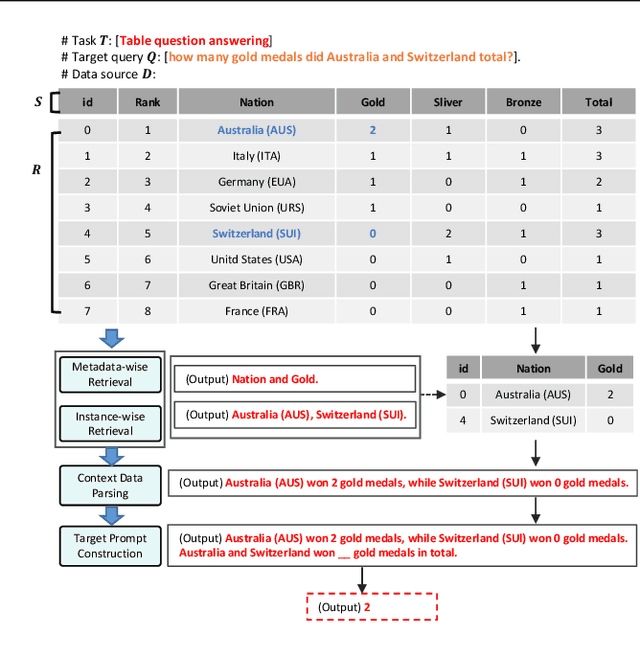Yongyi He
In-Context Former: Lightning-fast Compressing Context for Large Language Model
Jun 19, 2024



Abstract:With the rising popularity of Transformer-based large language models (LLMs), reducing their high inference costs has become a significant research focus. One effective approach is to compress the long input contexts. Existing methods typically leverage the self-attention mechanism of the LLM itself for context compression. While these methods have achieved notable results, the compression process still involves quadratic time complexity, which limits their applicability. To mitigate this limitation, we propose the In-Context Former (IC-Former). Unlike previous methods, IC-Former does not depend on the target LLMs. Instead, it leverages the cross-attention mechanism and a small number of learnable digest tokens to directly condense information from the contextual word embeddings. This approach significantly reduces inference time, which achieves linear growth in time complexity within the compression range. Experimental results indicate that our method requires only 1/32 of the floating-point operations of the baseline during compression and improves processing speed by 68 to 112 times while achieving over 90% of the baseline performance on evaluation metrics. Overall, our model effectively reduces compression costs and makes real-time compression scenarios feasible.
UniDM: A Unified Framework for Data Manipulation with Large Language Models
May 10, 2024



Abstract:Designing effective data manipulation methods is a long standing problem in data lakes. Traditional methods, which rely on rules or machine learning models, require extensive human efforts on training data collection and tuning models. Recent methods apply Large Language Models (LLMs) to resolve multiple data manipulation tasks. They exhibit bright benefits in terms of performance but still require customized designs to fit each specific task. This is very costly and can not catch up with the requirements of big data lake platforms. In this paper, inspired by the cross-task generality of LLMs on NLP tasks, we pave the first step to design an automatic and general solution to tackle with data manipulation tasks. We propose UniDM, a unified framework which establishes a new paradigm to process data manipulation tasks using LLMs. UniDM formalizes a number of data manipulation tasks in a unified form and abstracts three main general steps to solve each task. We develop an automatic context retrieval to allow the LLMs to retrieve data from data lakes, potentially containing evidence and factual information. For each step, we design effective prompts to guide LLMs to produce high quality results. By our comprehensive evaluation on a variety of benchmarks, our UniDM exhibits great generality and state-of-the-art performance on a wide variety of data manipulation tasks.
 Add to Chrome
Add to Chrome Add to Firefox
Add to Firefox Add to Edge
Add to Edge